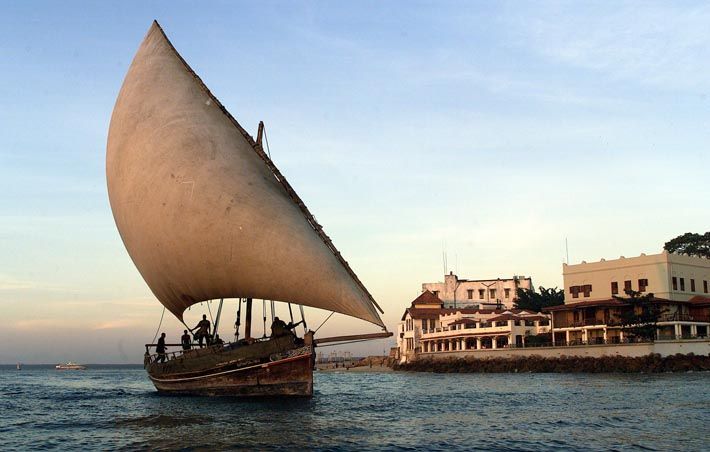
Muscat: Oman is a nation that is steeped in a history and culture that few others can rival, and this New Year’s Day, Times of Oman has a special journey take all of you into Oman’s seafaring past.
Home to some of the world’s finest frankincense, Oman put itself on the global trade map as early as 2000 BC, when its famed resin was exported to many of the ancient world’s more advanced civilisations.
But Oman’s association with the sea goes far beyond just this one crop: the Sultanate’s close association with the Arabian Sea has played a major role in shaping Omani life and culture: Omani sailors were among the first to brave the then-uncharted waters of the Indian Ocean, sailing past south east Asia before dropping anchor in Guangzhou and Shanghai on China’s eastern shores.
Arguably the most famous of Omani sailors is one who is now a treasured part of Arab folklore. Sindbad the Sailor is now an integral character in the famed 1001 Arabian Nights series of stories, and is much loved by adults and children alike.
Oman’s legacy as a major seafaring nation lives on to this day: Until recently, Port Sultan Qaboos has been a destination for cargo ships from around the world, and the souqs in Oman are a cultural treasure trove of traditional Omani handicrafts, spices and silverware.
In fact, trips to any of the other major cities of Oman would reveal just how deep the impact of the Sultanate’s legacy is: the boatmakers of Sur still make traditional dhows the old-fashioned way, the souqs of Nizwa and Sohar are famed for their Omani handicrafts, and Salalah, once the hub for trade in this region, is home to the Al Baleed UNESCO heritage site, the centre of frankincense trade in the ancient world.